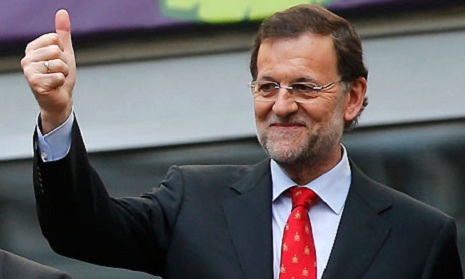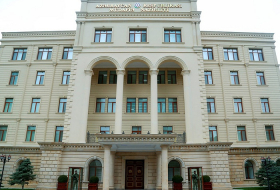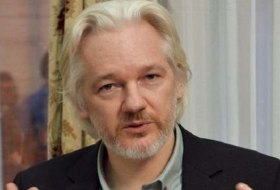In terms of balance sheets, and the conventional wisdom from Brussels, he has indeed at least avoided disaster. The Spanish economy is growing, and government bonds are no longer under daily attacks from international speculators. But this is little comfort to the thousands of Spanish families who have been evicted from their homes for mortgage defaults, or to a young generation that has only known 50 per cent unemployment.
Rajoy’s insistence on Wednesday that his polices had achieved stability “without damaging our social fabric” was received with stupefied anger by the entire opposition; especially by Podemos, the year-old radical party that polls suggest could shake Spain’s two-party establishment to its foundations, but still lacks a single deputy. The new leader of the PSOE, Pedro Sánchez, appeared to steal Podemos’s clothes with a blistering response. He accused Rajoy of “lying and fantasising”, of “using the crisis to dismantle the welfare state”, of being “shameless” and “destructive”. But when he attacked Rajoy for the corruption scandals in which the PP is mired, the prime minister was able to remind him that PSOE leaders are also facing serious charges of abuse of power.
Inadvertently, both leaders had echoed Podemos’ rallying cry: that the old parties are part of Spain’s problem, and should be swept aside at the next election.
More about:














































